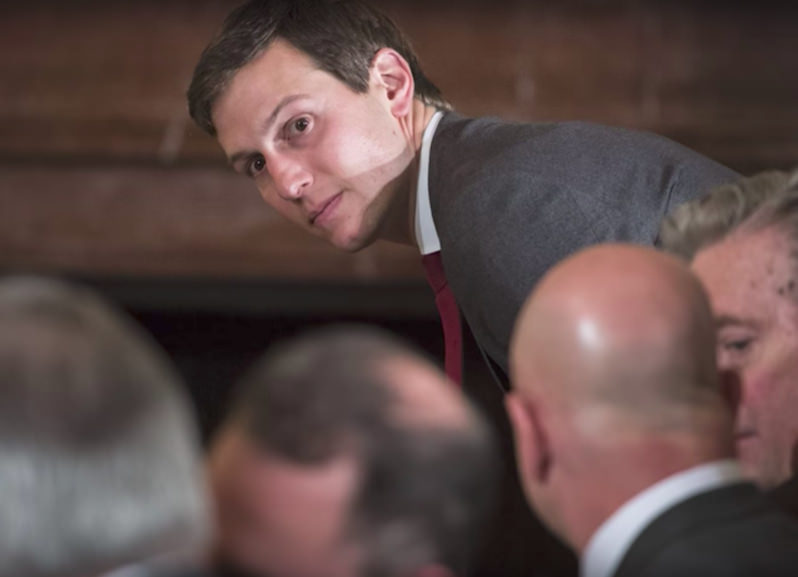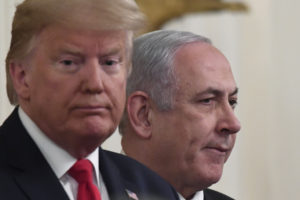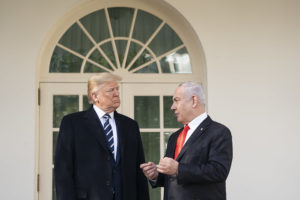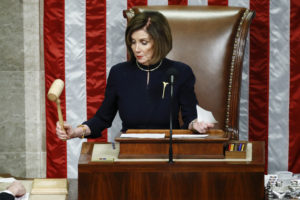Five Questions About Jared Kushner’s Alleged ‘Back Channel’ Request to Moscow
The report that President Trump's son-in-law sought a private, encrypted line of communication to the Kremlin is hard to fathom except as a sign of something fishy.
By Juan Cole / Informed Comment
In a meeting with Sergey Kislyak, the Russian ambassador to the U.S., the Washington Post reveals that Jared Kushner asked that a private, encrypted back channel be set up to the Kremlin. The report is based on a leak to a Post reporter from last December, which the paper has only recently managed to verify.
The story raises large numbers of questions, and is hard to understand except as an indication of something fishy going on.
1. Who leaked the information to the Washington Post’s Ellen Nakashima that Kushner made this request of Kislyak, back in December of 2016? Was it someone, as alleged, at the National Security Agency or the CIA who heard the information from a tap on Kislyak?
2. Why did Kislyak reveal this request to the Kremlin on an open channel that he must have known was under U.S. surveillance? Was he trying to sink Kushner or Trump? Is there some sort of double sting going on?
3. Why did Kushner (and Trump) want a secret back channel to Moscow? For what purpose? What did they want to discuss with Vladimir Putin that they did not want U.S. intelligence to know about?
4. Michael Flynn is alleged to have told Kislyak around the same time that Trump would lift sanctions on Russia that Obama had slapped on because of the annexation of the Crimea. What did Russia do for Trump as a quid pro quo? Was the back channel related to the lifting of sanctions?
5. Kushner is known to have been involved in manipulating social media into supporting Trump or dissing Clinton. Is his mastery of psy-ops related to his role with Russia? Was Kushner a conduit to Russia in this regard?
Your support matters…Independent journalism is under threat and overshadowed by heavily funded mainstream media.
You can help level the playing field. Become a member.
Your tax-deductible contribution keeps us digging beneath the headlines to give you thought-provoking, investigative reporting and analysis that unearths what's really happening- without compromise.
Give today to support our courageous, independent journalists.






You need to be a supporter to comment.
There are currently no responses to this article.
Be the first to respond.